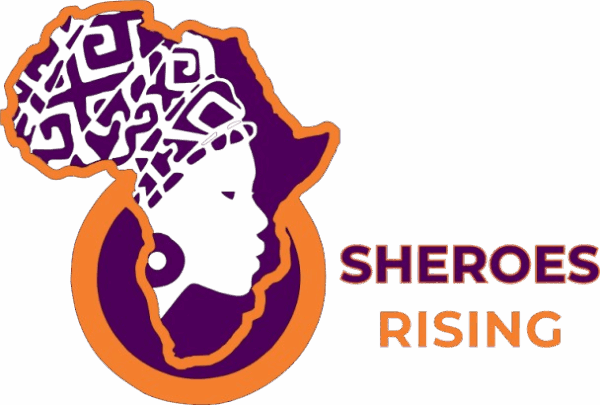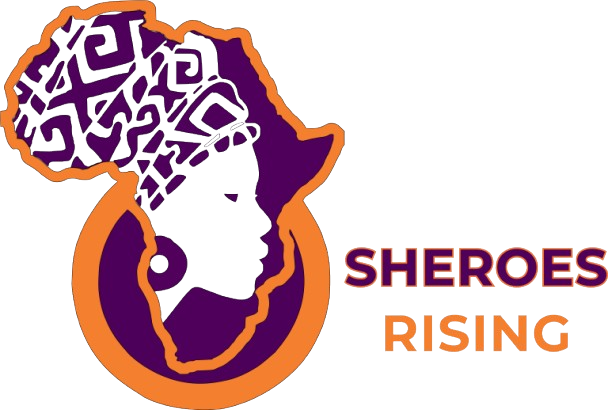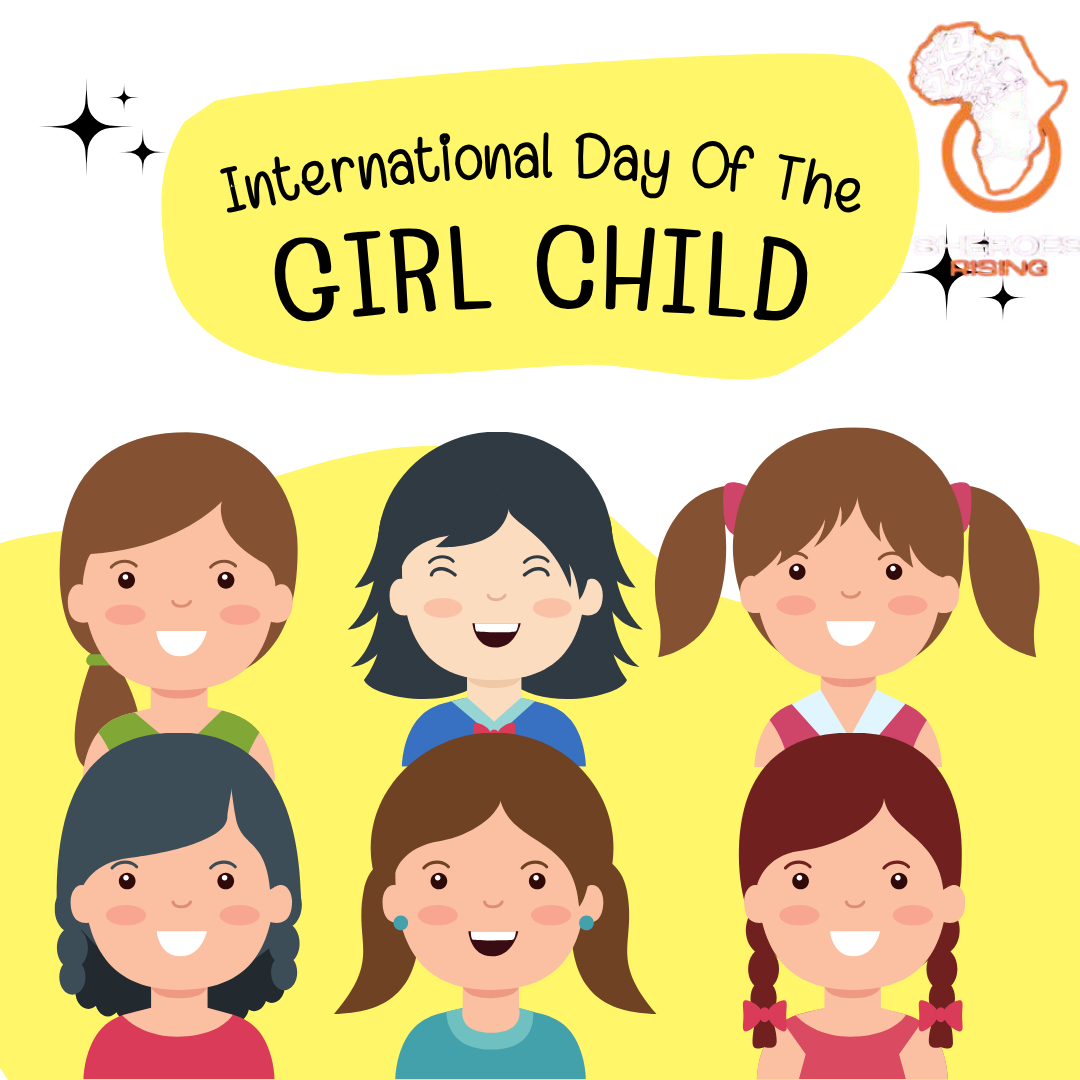The world unites every 11th October to commemorate the International Day of the Girl Child; a day dedicated to recognizing women and girls, their rights and the unique challenges they face globally.
This year’s theme, “The Girl I Am, The Change I Lead,” is a powerful reminder that girls are not passive observers in our ever-evolving world. They are leaders, innovators, and changemakers, already taking bold steps to reshape their communities, in difficult and critical conditions.
The theme reflects a truth we can no longer overlook: girls are leading today, not waiting for tomorrow. They are championing global movements for education, climate justice, equality, quality healthcare and peace, proving that leadership is not defined by age but by courage and defiance.
Millions of girls around the world are tossed with different challenges including violence, climate disasters, famine, pandemics, economic crisis and displacements.
Yet amidst these crises, several girls and women have stood tall, turning their lemons to lemonades and raising the feminist banner high by championing peace building courses, volunteering in refugee camps as mentors for younger girls, fighting for their beliefs for urgent rescue.
Amongst these notable changemakers stands one young woman whose story has inspired millions around the world.
Malala Yousafzai, a Pakistani girl who transformed personal tragedy into a global movement for girls’ education. Her journey reflects every aspect of this year’s theme: leadership, crisis resilience, empowerment, agency, and action.
Malala Yousafzai was born on July 12, 1997, in Mingora, a town in Pakistan’s Swat Valley. From an early age, she was different. Her father, Ziauddin Yousafzai, was an educator and activist who believed deeply in the power of education. He ran a school and often spoke publicly about girls’ rights, a bold act in a region where many believed education was only for boys.
Malala inherited his fire. She loved school, excelled in her studies, and dreamed of becoming a doctor. But as she grew older, her peaceful valley began to change. The Taliban, a militant group, took control of Swat and began enforcing strict rules, banning television, music, and, most devastatingly, forbidding girls from going to school.
At just 11 years old, Malala refused to accept this fate. Under a pseudonym, she began blogging for the BBC, describing life under Taliban rule and her longing for education. Her words were raw, powerful, and fearless she cried out against oppression.
“I had two options,” she said, “one was to remain silent and wait to be killed. And the second was to speak up and then be killed.”
Malala chose to speak up.
Her activism grew. She appeared on television, gave interviews, and rallied others to stand for girls’ education. But her courage made her a target. On October 9, 2012, while returning home from school, a gunman boarded her bus and asked, “Who is Malala?” Before she could answer, he shot her in the head.
The attack shocked the world.
Against all odds, Malala survived. After months of surgery and rehabilitation in the UK, she emerged not with bitterness, but with greater determination. She transformed her pain into purpose, launching the Malala Fund, an organization advocating for free, safe, and quality education for every girl.
And at just 17, she became the youngest Nobel Peace Prize laureate; recognized for her “struggle against the suppression of children and young people and for the right to education.”
Malala’s story reflects the theme “The Girl I Am, The Change I Lead.” for she was a girl who refused to be silenced, who led with fire even in crisis and turned personal tragedy into global transformation.
Redefining the Meaning of Leadership for Women:
Women and Girls have redefined leadership to mean it is not about titles but about vision, voice, and action. Across continents, girls like Malala are leading movements for education, climate justice, equality, and peace.
From Greta Thunberg calling for climate action and fighting for Gaza, to Vanessa Nakate amplifying Africa’s voice, and Memory Banda in Malawi fighting child marriage; girls are showing the world that leadership is not a privilege reserved for the few.
They are leading from classrooms, refugee camps, and rural villages. They are organizing peer support groups, mentoring younger children, advocating in local councils, and challenging harmful cultural practices.
Girl’s leadership is inclusive, innovative, and empathetic which are qualities the world desperately needs to tackle challenges that stand against humanity.
Girls at the Receiving End of Inequality:
Crisis often reveals social inequality and for girls, it magnifies it.
During wars, natural disasters, or pandemics, girls face the risk of having to drop out of school, child marriage, gender-based violence, violence and loss of opportunity. In many countries, these crisis become an excuse to deprive girls of education, healthcare, and safety.
Yet, even in crisis, girls are leading change. In humanitarian camps, girls organize reading clubs. In conflict zones, they become peace ambassadors. In flood-affected communities, they educate peers on hygiene and safety.
Malala’s life is a vivid example. Her activism began in a time of crisis, under the shadow of the violence of the Taliban. But she proved that crisis can birth courage, and courage can lead transformation even in the harshest conditions.
Importance of Investing in Girls’ Potential
For girls to lead, they must be empowered and supported. However, empowerment goes beyond words; it requires safety, access to education, mentorship, and opportunities to thrive.
Education is the foundation. Every extra year a girl spends in school increases her earning potential, delays early marriage, and improves health outcomes for her future children.
Mentorship builds confidence. Girls need role models, women who have walked the path and can guide them through the most difficult challenges.
Digital empowerment ensures girls are not left behind in the global economy. In today’s world, digital skills are leadership tools. When the world invests in girls, nations grow stronger.
A Call for Action: The World Must Listen
As we celebrate this year’s International Day of the Girl Child, our message is clear: Girls are not the leaders of tomorrow, they are leaders today.
It is time for:
- Governments to prioritize girls’ education in budgets and policies.
- Communities to challenge harmful traditions that silence girls.
- Families to nurture their daughters with the same belief they invest in sons.
- Media to amplify girls’ voices, highlighting their achievements, not just their struggles.
- Men and boys to stand as allies in the fight for gender equality.
Change begins when the world stops talking about girls and starts talking with them.
Malala’s story is a reflection of the kind of strength millions of girls around the world possess, brave, bold, and brilliant.
Her story is a reminder that the girl child is not a problem to be solved but a solution waiting to be explored.
As we honor every girl from rural to urban corners, let’s echo Malala’s message:
“One child, one teacher, one book, and one pen can change the world.”
Dear Girl child, always remember ‘The girl you are is powerful. The change you lead is unstoppable”.
James Nkoyomabasi & Praise Zubuike
Abuja, Nigeria.









